Decentralized Wallets Are Changing the Way We Hold Crypto—Here’s How
August 3, 2025
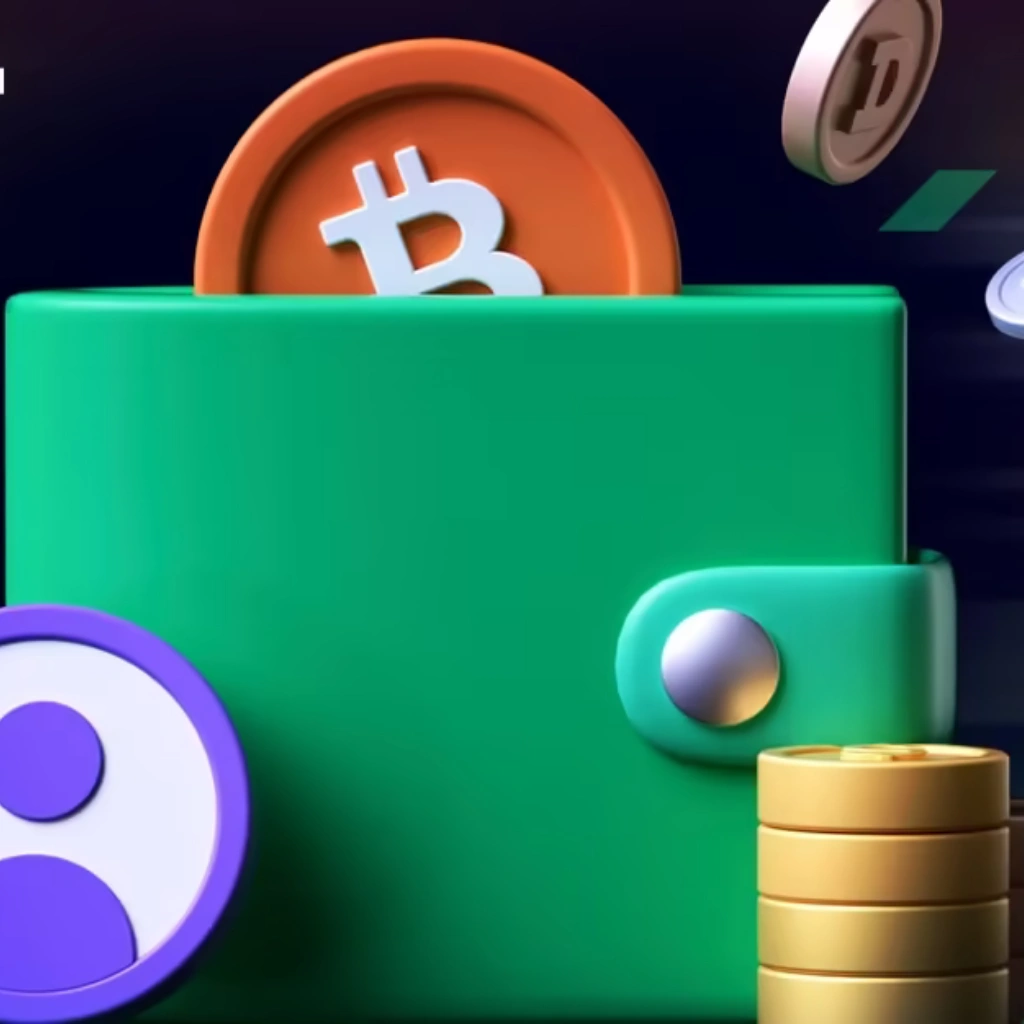
By Zayn | Financial Technology News | May 20, 2025 | Decentralized Wallet
In the ever-evolving landscape of cryptocurrency, one term continues to surface with increasing frequency—decentralized wallet. For many users, it represents not just a tool, but a shift in philosophy: one where individuals, not institutions, are in full control of their digital assets.
So, what is a decentralized wallet? At its core, it’s a method of storing, sending, and receiving cryptocurrency without the need for a centralized intermediary such as a bank or crypto exchange. Users manage their own private keys, effectively removing third-party control from the equation.
A Growing Alternative to Centralized Platforms
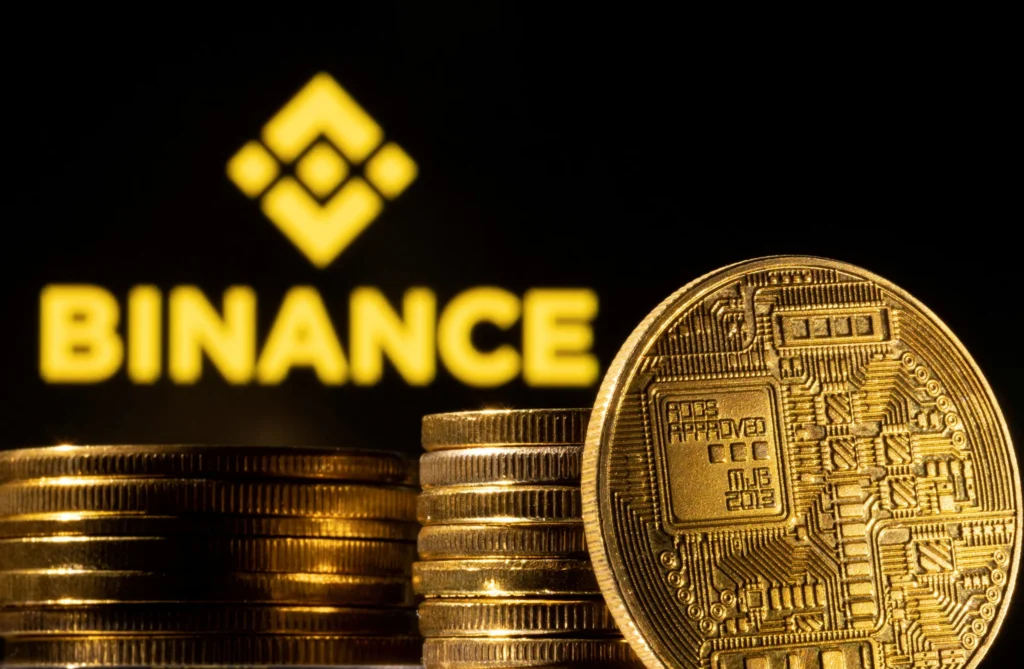
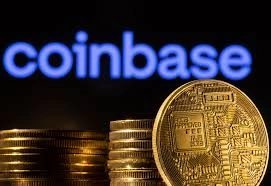
Traditionally, cryptocurrency users have relied on centralized exchanges like Binance and Coinbase to store and manage digital assets. These services, while convenient, operate on a custodial model—meaning they retain access to users’ private keys.
But the decentralized wallet model turns that concept on its head.
“With a decentralized wallet, you are the custodian,” says Lisa Tran, a blockchain analyst based in Singapore. “It’s like having your own safe at home—except instead of cash, it holds your access to the blockchain.”
Decentralized Wallet: Total Control—But at a Cost
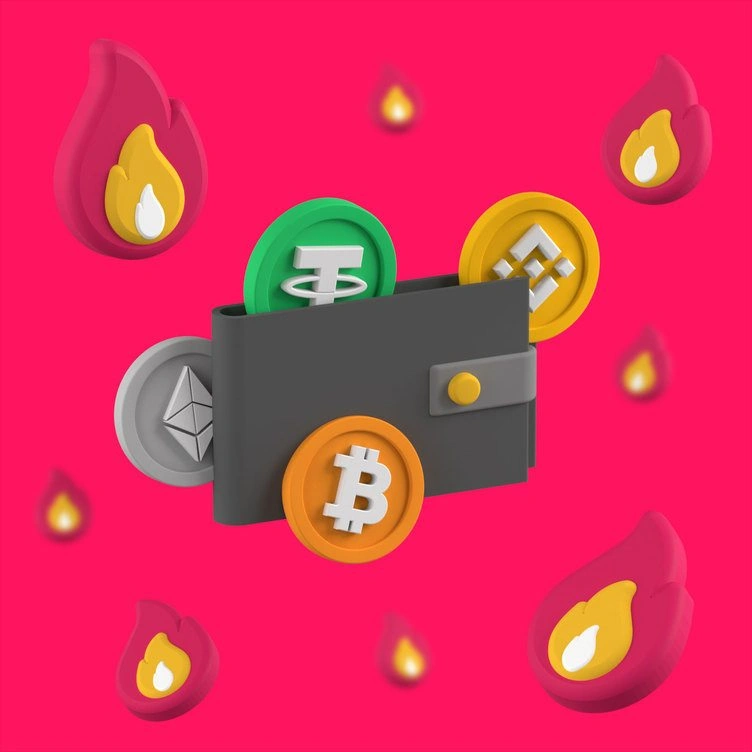
The benefits of using a decentralized wallet are clear. Users maintain full ownership of their funds. Transactions can’t be censored, reversed, or frozen by a third party. And privacy is enhanced, as many wallets require little to no personal information.
However, the same freedom that attracts users can also be a drawback.
“If you lose your private keys, there’s no recovery process,” warns Tran. “There’s no one to call, no reset button. That responsibility can be daunting, especially for newcomers.”
Despite this risk, proponents argue that the added security and autonomy are well worth the learning curve.
Decentralized Wallet: Breaking Down the Types
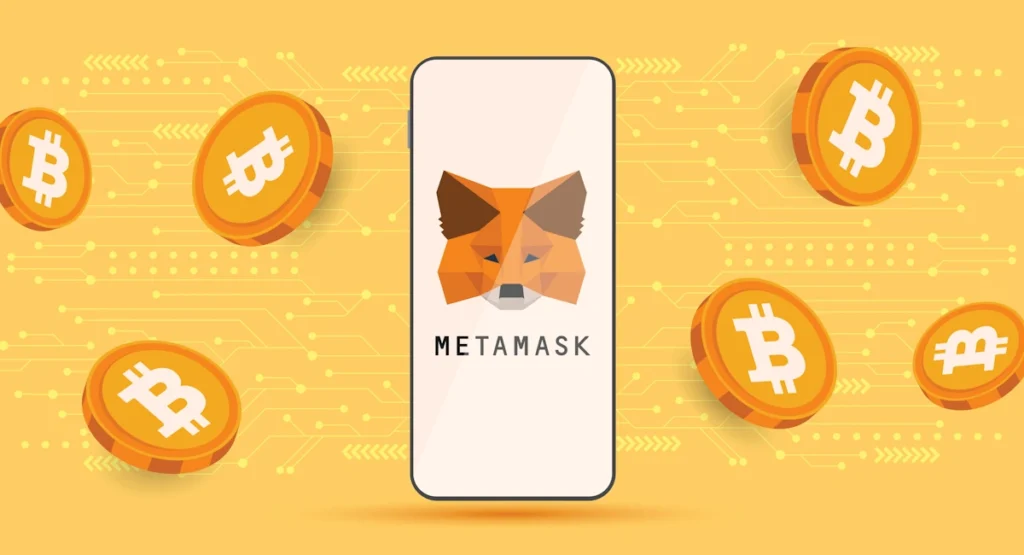
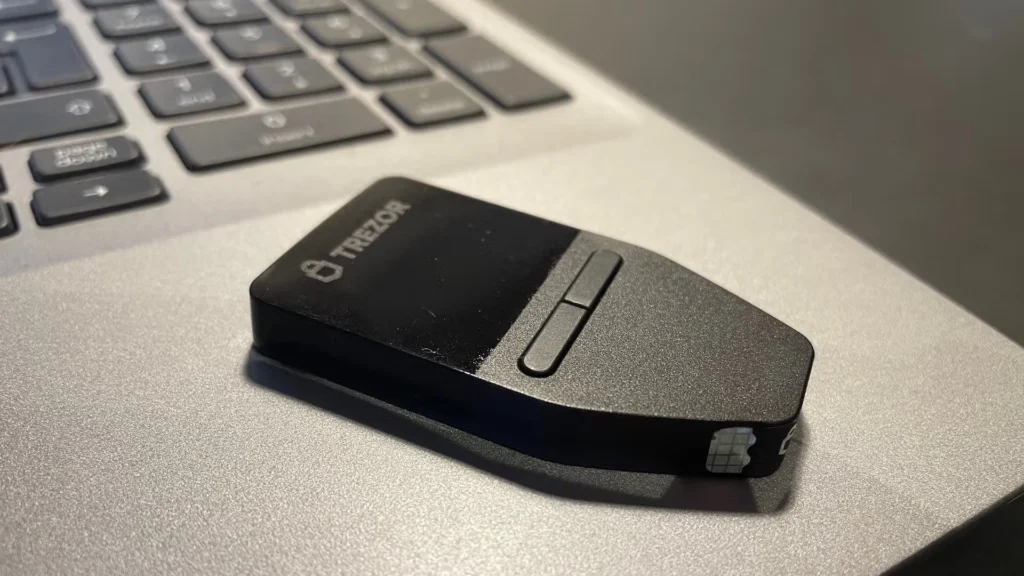
Decentralized wallets come in various forms. Software wallets like MetaMask and Trust Wallet operate as apps or browser extensions, offering an intuitive interface for beginners and experts alike. For heightened security, users often turn to hardware wallets such as Ledger or Trezor—physical devices that store keys offline, beyond the reach of online threats.
There’s also the paper wallet—a printout of private and public keys. It’s a low-tech solution with obvious drawbacks, but still used by those who value physical backups.
Each type has its advantages. But in every case, the key feature remains the same: control stays in the hands of the user.
Centralized vs. Decentralized: Two Sides of the Same Coin?
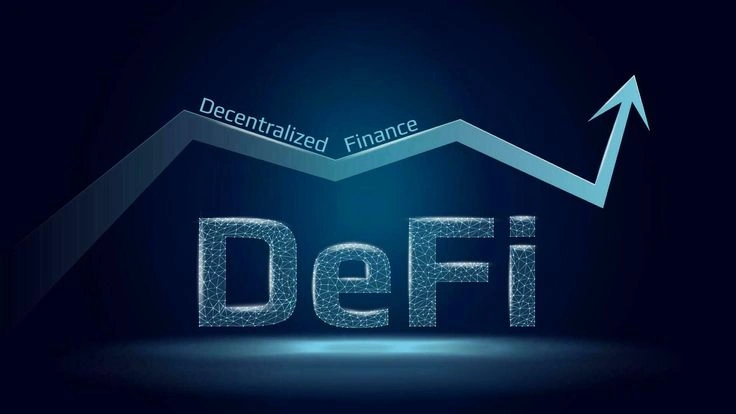
Experts say it’s not necessarily about choosing one over the other.
“Most users start with centralized platforms because they’re simpler and feel safer,” says Michael Yap, a fintech educator based in Kuala Lumpur. “But as they learn more, many move to decentralized wallets for the control they offer.”
Indeed, many crypto holders use both. Centralized exchanges offer speed and liquidity for trading, while decentralized wallets are often used for long-term storage or participation in DeFi (Decentralized Finance) projects.
A Step Toward Digital Independence
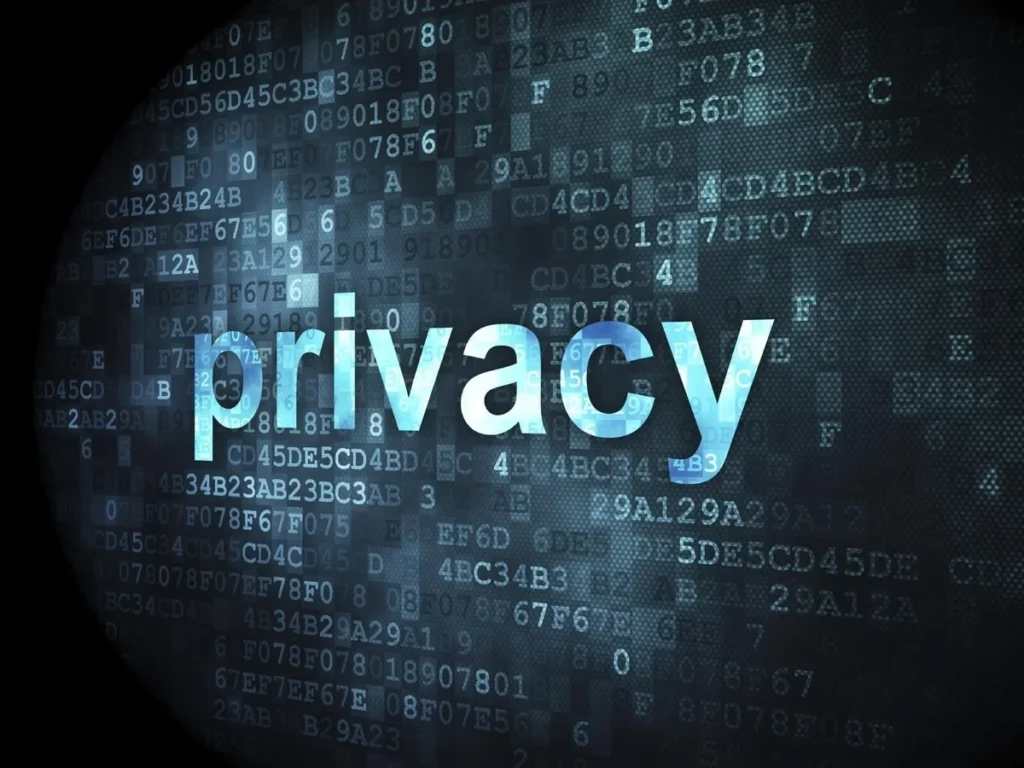
While the technology behind decentralized wallets can appear complex, the idea is surprisingly human—ownership, freedom, and accountability.
As governments and institutions grapple with how to regulate digital currencies, decentralized wallets may play a larger role in preserving user autonomy. In some regions, particularly where financial censorship is a concern, they’re already being adopted as essential tools for maintaining financial access.
“The decentralized wallet isn’t just about crypto—it’s about redefining trust,” says Yap. “It gives people the power to control their own assets, regardless of where they live or what rules their bank sets.”
Final Thoughts
The rise of the decentralized wallet is more than a passing trend. It reflects a growing desire for personal control in an increasingly digitized financial world. For some, it’s a backup plan. For others, it’s the future.
Either way, it’s a development that’s hard to ignore.
And while managing your own digital keys may seem intimidating at first, the benefits—privacy, autonomy, and resilience—are drawing more users every day.
As crypto continues to mature, one thing’s clear: decentralized wallets are no longer niche. They’re becoming part of the new normal.
Relevant News: HERE

